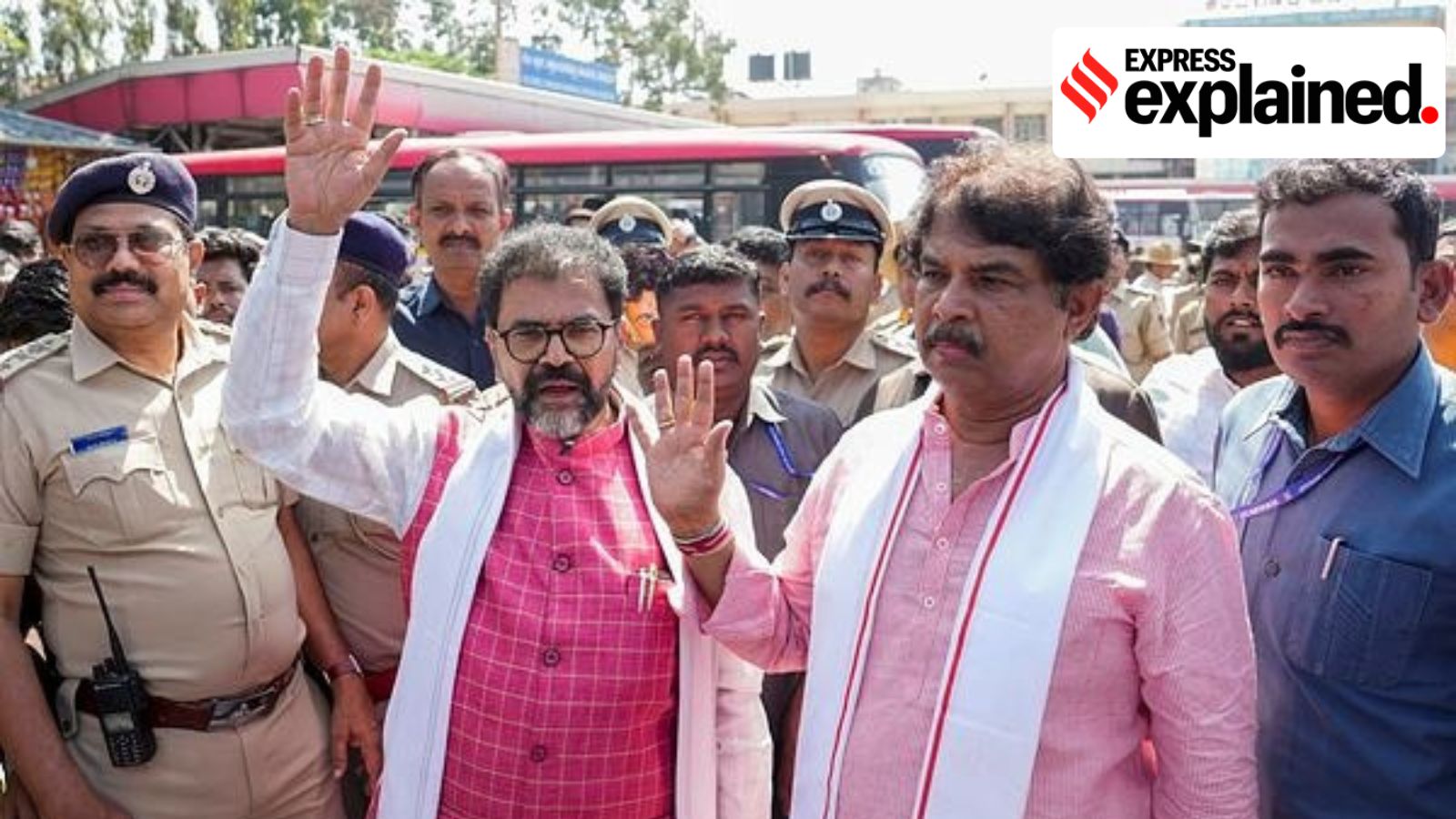 |
|
The recent 15% hike in bus fares in Karnataka has ignited a political firestorm, pitting the ruling Congress government against the opposition BJP. The Congress government, citing escalating operational costs driven largely by its flagship Shakti scheme offering free bus rides for women, justified the fare increase as a necessary measure. The BJP, however, vehemently opposes the move, framing it as a burden on commuters and a consequence of the Congress government's alleged financial mismanagement. This essay will delve into the details of the fare hike, the rationale behind it, the BJP's counterarguments, and the broader political implications of this contentious issue.
At the heart of the controversy lies the Shakti scheme, a key election promise fulfilled by the Congress government. Launched in June 2023, the scheme provides free bus travel to women, resulting in a significant surge in ridership – a 25% increase, according to government figures. While the scheme has undoubtedly been popular, it has also placed a considerable strain on the state's four road transport corporations (RTCs): KSRTC, BMTC, KKRTC, and NWKRTC. To accommodate the increased passenger load, the transport department has added thousands of buses and significantly increased daily schedules. This has led to a substantial rise in fuel consumption and operational costs, which the government argues necessitates the fare hike.
The government's justification rests on the substantial increase in operational expenses since the implementation of the Shakti scheme. Transport Minister Ramalinga Reddy highlighted the sharp rise in daily diesel costs (from Rs 9.16 crore in 2020 to Rs 13.12 crore in 2024) and staff costs (from Rs 12.85 crore to Rs 18.36 crore during the same period) as key factors. He also pointed out that the government has already reimbursed Rs 6,543 crore for the Shakti scheme between June 2023 and November 2024, yet the RTCs still face a substantial deficit. Furthermore, outstanding provident fund dues amounting to Rs 2792 crore add to the financial pressure on the RTCs. Reddy also stressed that fare revisions hadn't occurred in several years for some corporations, further highlighting the need for an adjustment.
The BJP's opposition, however, isn't merely a reaction to the immediate fare increase; it’s a broader critique of the Congress government’s financial management. Leader of Opposition R Ashok accused the government of incurring massive liabilities due to misgovernance and using the fare hike to offset these losses. He pointed to increases in electricity charges, property guidance values, water tariffs, and other commodities as evidence of a pattern of price hikes under the Congress regime. Ashok also contrasted the current situation with his tenure as transport minister, claiming that the BMTC and KSRTC were profitable during his time (2013), implying that the current financial difficulties are a result of the Congress government's policies.
The clash of narratives – the government highlighting the costs of a popular social welfare program versus the opposition accusing the government of mismanagement – reveals a deeper political struggle. The bus fare hike has become a potent symbol in the ongoing power play between the Congress and the BJP in Karnataka. The BJP is using the issue to rally support and criticize the Congress government, while the Congress attempts to justify its actions based on financial necessity and the success of its social welfare program. The outcome of this political battle will likely depend on public perception of the fare hike and the government’s overall economic management.
The long-term implications of this fare hike and the broader debate surrounding the Shakti scheme remain to be seen. The government’s ability to effectively communicate the financial constraints imposed by the free bus ride program will be crucial in shaping public opinion. The success of the fare hike, in terms of its ability to address the RTCs' financial deficits, will also be a key factor in determining the political fallout. Furthermore, the debate raises larger questions about the sustainability of ambitious social welfare programs and the responsibility of governments to balance such programs with prudent financial management. The ongoing political sparring over this issue is likely to continue, shaping the narrative around the upcoming elections and defining the political landscape of Karnataka.
Source: Why the Karnataka government will hike bus fares, why the BJP is protesting this
